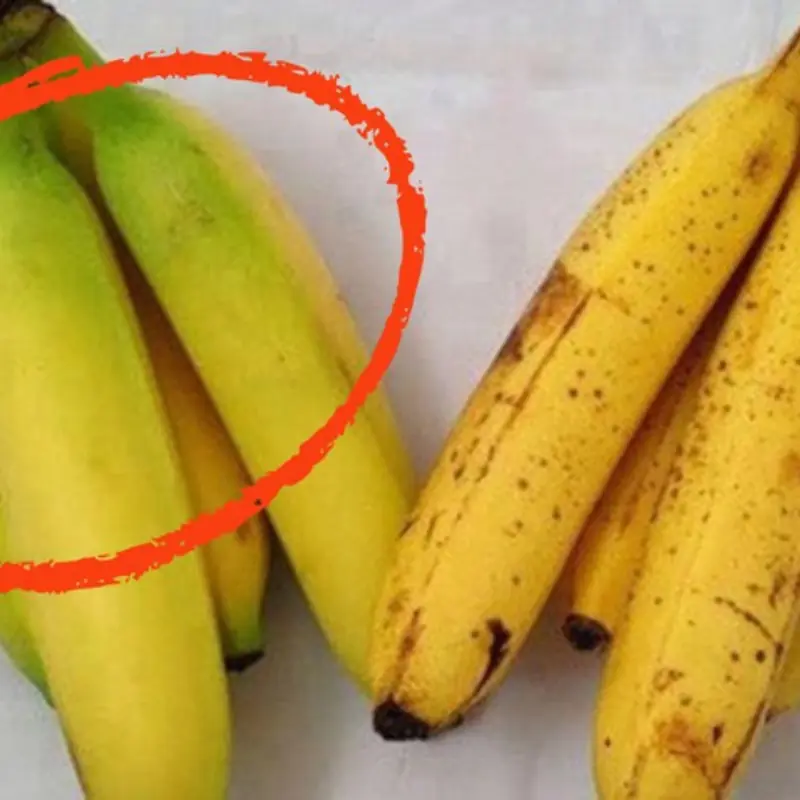
Should You Peel Ginger Before Eating? The Answer Isn’t as Simple as You Think
Should You Peel Ginger Before Eating? The Answer Isn’t as Simple as You Think
A seemingly small question—“Should you peel ginger before eating?”—has sparked quite a bit of debate. Some say keeping the skin makes it healthier, while others insist peeling is safer. So, what’s the truth?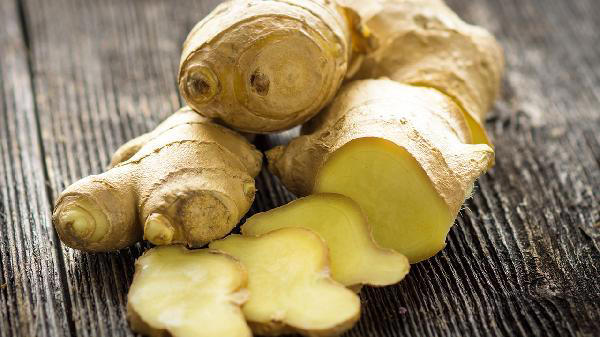
It’s undeniable: ginger peel contains special compounds such as gingerol, a powerful antioxidant that can be twice as concentrated as in the flesh. Especially in mature ginger, the peel also holds volatile essential oils.
However, the nutritional difference isn’t very significant. Peeling ginger removes less than 15% of its nutrients. In other words, instead of worrying too much about peeling, focusing on ginger’s freshness is far more important.
When You Should Peel Ginger
-
When preparing remedies for colds (like ginger tea or decoctions):
In traditional medicine, ginger flesh is considered “warming,” while the peel is “cooling.” If the goal is to warm the body, induce sweating, and fight off colds, peeling is recommended to maximize its warming effect. -
When cooking with seafood or “cold” foods:
Ginger balances the “cold” properties of seafood. Leaving the peel on reduces this effect. For example, steaming crab with unpeeled ginger is considered a waste. -
For people with weak digestion (cold stomach, prone to diarrhea):
Ginger peel is higher in fiber and may irritate digestion. For those with sensitive stomachs, it’s better to peel.
When You Can Leave the Peel On
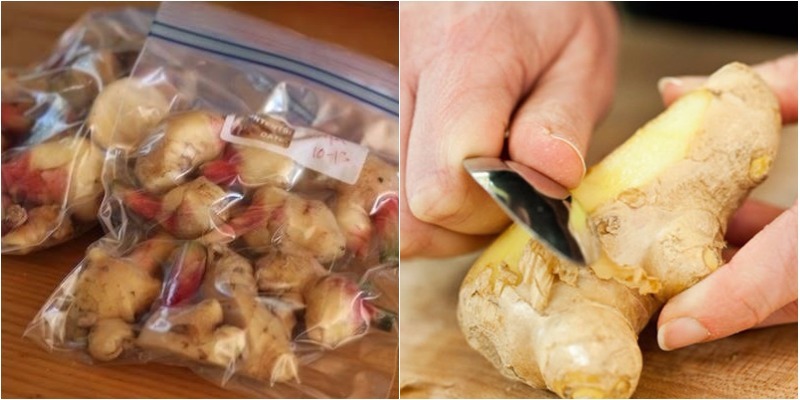
-
Everyday cooking and seasoning:
Sliced or crushed ginger used for stir-fries, soups, or sautéing can be left unpeeled. The peel helps the slices hold their shape and retain nutrients. -
For those prone to internal heat:
People who often feel overheated or have dry mouth may benefit from using unpeeled ginger, as the peel reduces its warming intensity. -
For pickling (salted or vinegar ginger):
Leaving the peel on keeps ginger crunchy, prevents it from getting mushy, and tempers its pungency.
Tips for Peeling Ginger (When Needed)
-
Young ginger: Simply scrape gently with a spoon—no knife required.
-
Old ginger: Soak in warm water for 10 minutes before peeling to make it easier.
-
In a hurry: Crush the ginger, and the peel will naturally separate, allowing you to pick out the flesh.
Ginger is a “national spice”, but its usage isn’t one-size-fits-all.
Simple rule: Peel it if you’re using it for warming and medicinal purposes; keep the peel if it’s for everyday cooking.
Used correctly, this small root can offer big benefits.
News in the same category


5 Foods Stored in the Fridge That Are Like a “Breeding Ground” for Bacteria and Pathogens

A 40-Year-Old Woman Was Rushed to the Hospital After Eating Grapefruit This Way

5 great benefits of drinking coffee in the morning

Why should men eat a slice of ginger after waking up in the morning?

4 amazing health benefits of chrysanthemum tea
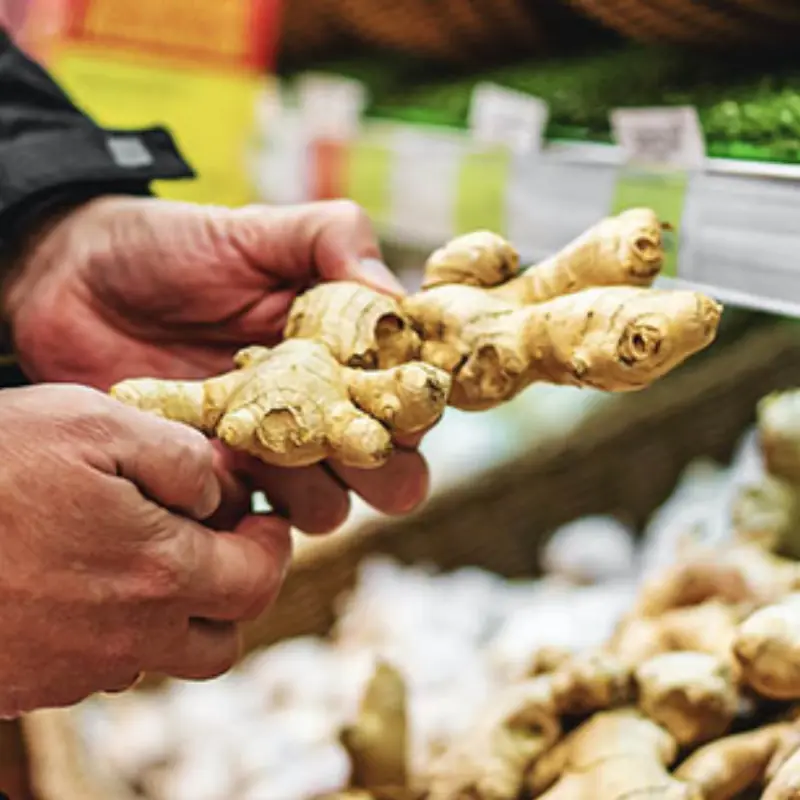
Why Should Men Eat a Slice of Ginger After Waking Up in the Morning?

A Type of Fish Known as the “Ginseng of the Water,”
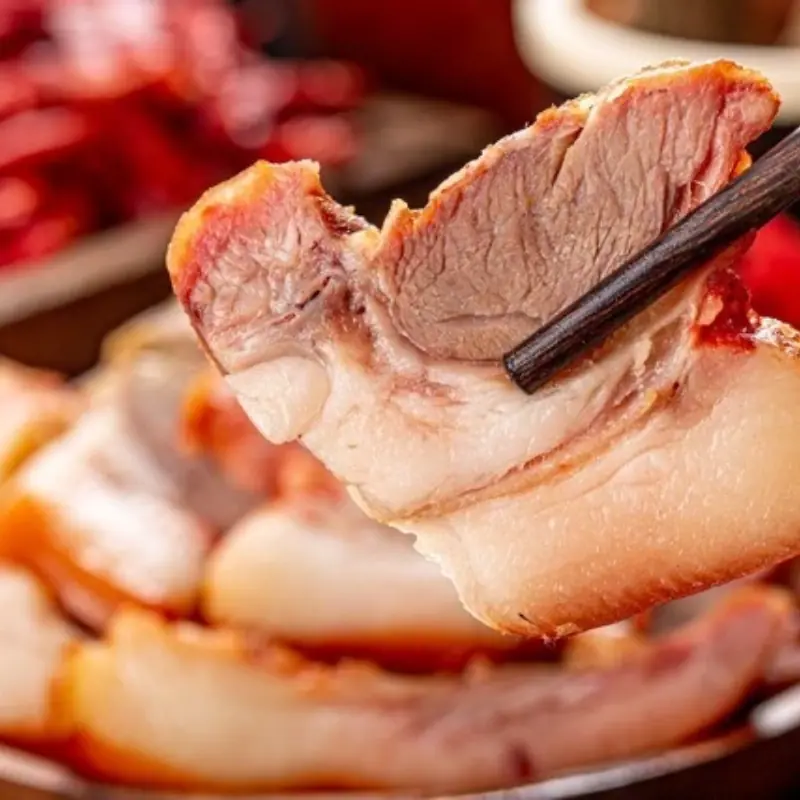
If You Eat Pork Regularly, You Must Pay Attention to These 3 Things

Harmful effects of using phone while going to the toilet you need to know

You may not notice: when we fall asleep on the table, we often get startled - Why is that?
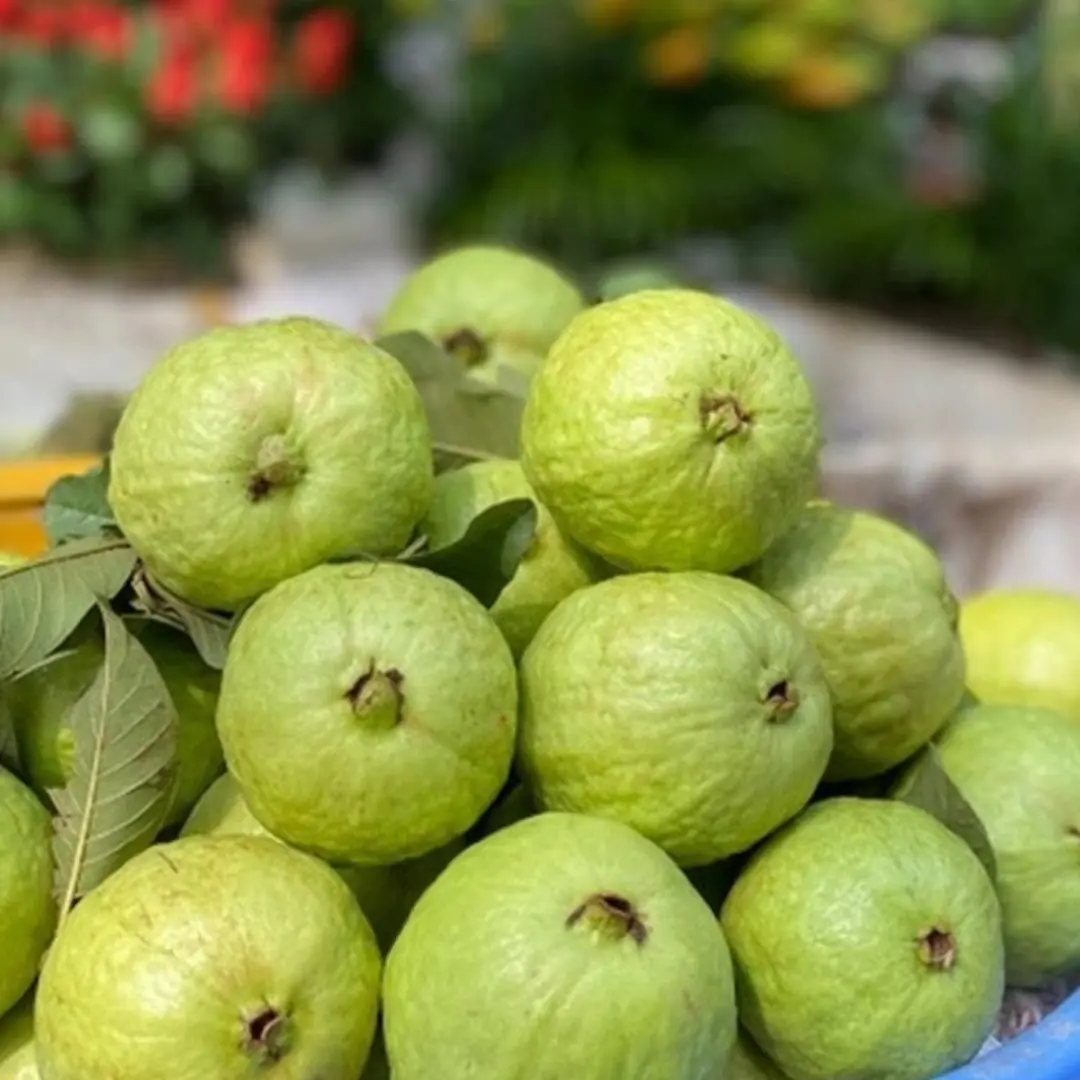
3 surprising health benefits of eating guava at night

3 Super Nutritious Freshwater Fish

Doctor finally answers question of whether it is better to shower in the morning or at night

2 Types of Vegetables That Are Prone to Becoming a ‘Parasitic Nest,’ Especially the First One

Depressing find at the bottom of the Mariana Trench is a warning to the world
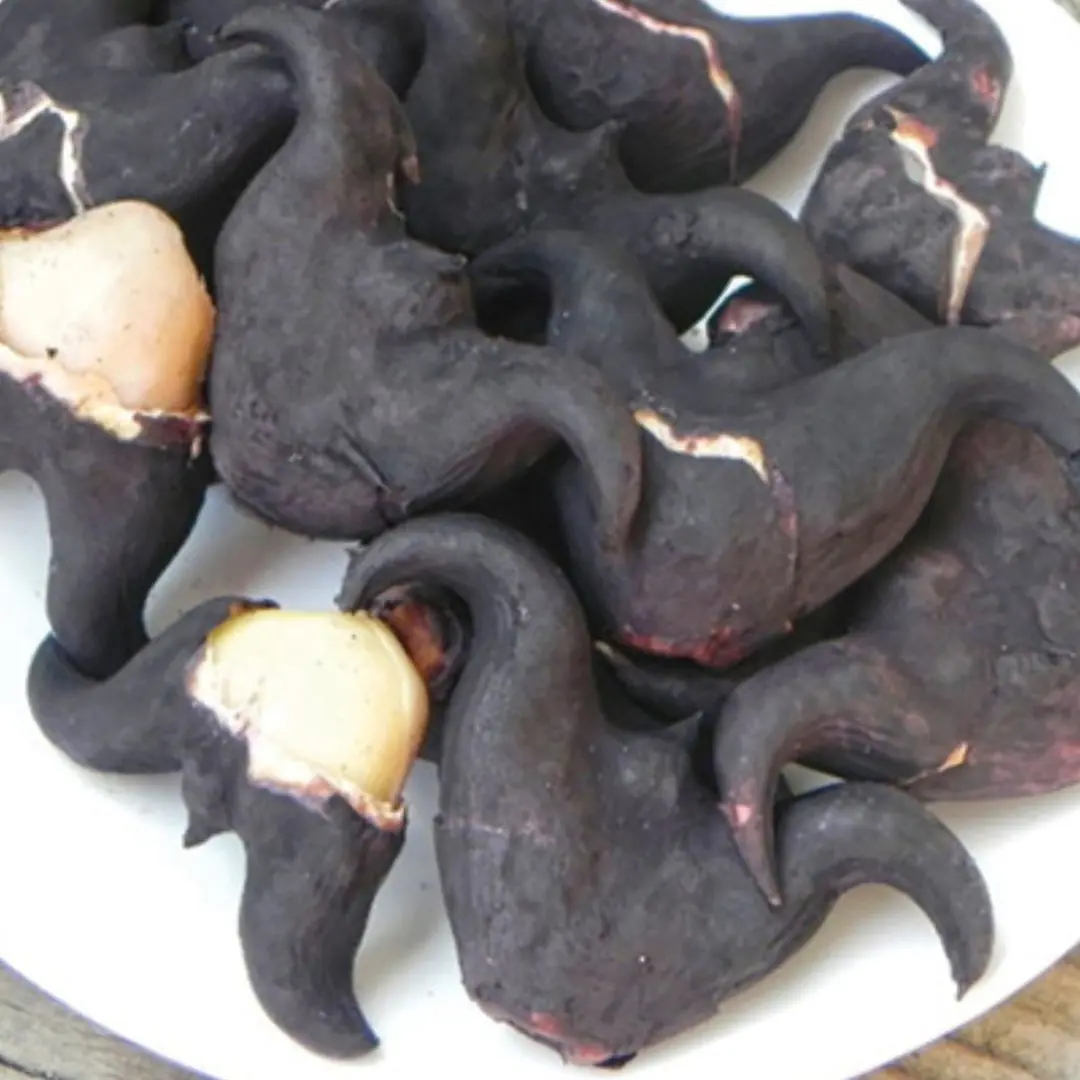
11 uses of this tuber that 98% of people ignore

Is Air Conditioner Water Clean or Dirty? Can It Be Reused
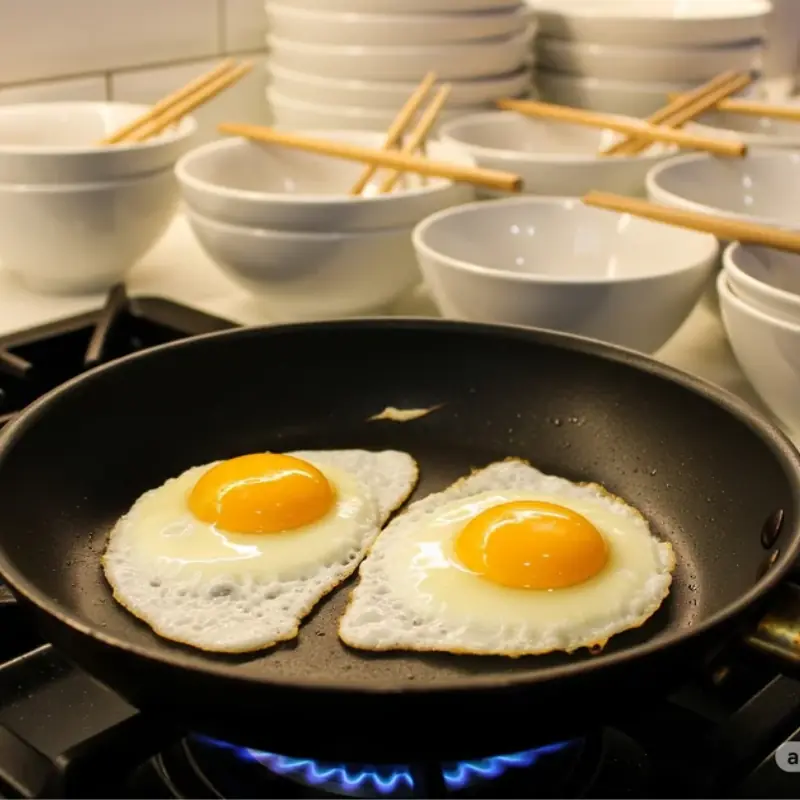
A Family of Three Was Hospitalized After Eating Fried Eggs
News Post

Spot Pancreatic Cancer Early – 11 Warning Signs You Shouldn’t Ignore
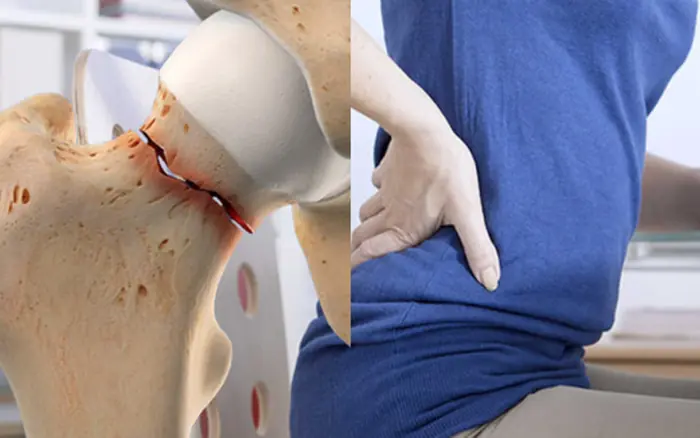
Postmenopausal Women Can Hardly Avoid Osteoporosis

A man with blo.od fat levels 80 times higher than normal

When Buying Bananas, Just Remember This Tip and You’ll Instantly Know Whether They’re Naturally Ripe or Chemically Ripened

5 Foods Stored in the Fridge That Are Like a “Breeding Ground” for Bacteria and Pathogens

A 40-Year-Old Woman Was Rushed to the Hospital After Eating Grapefruit This Way
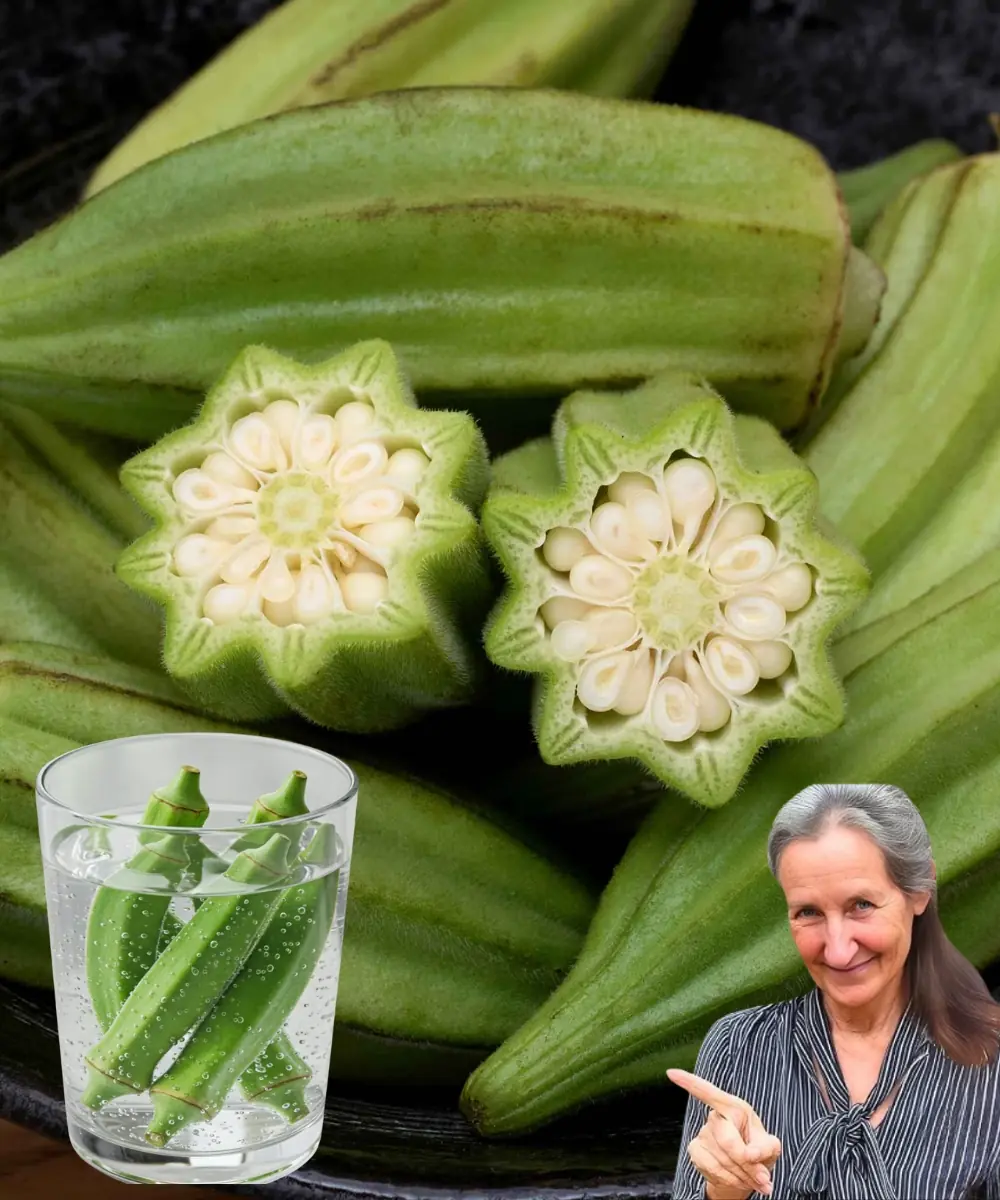
13 powerful reasons your whole family should drink okra water every day

Three warning signs in the neck that could signal early can.cer
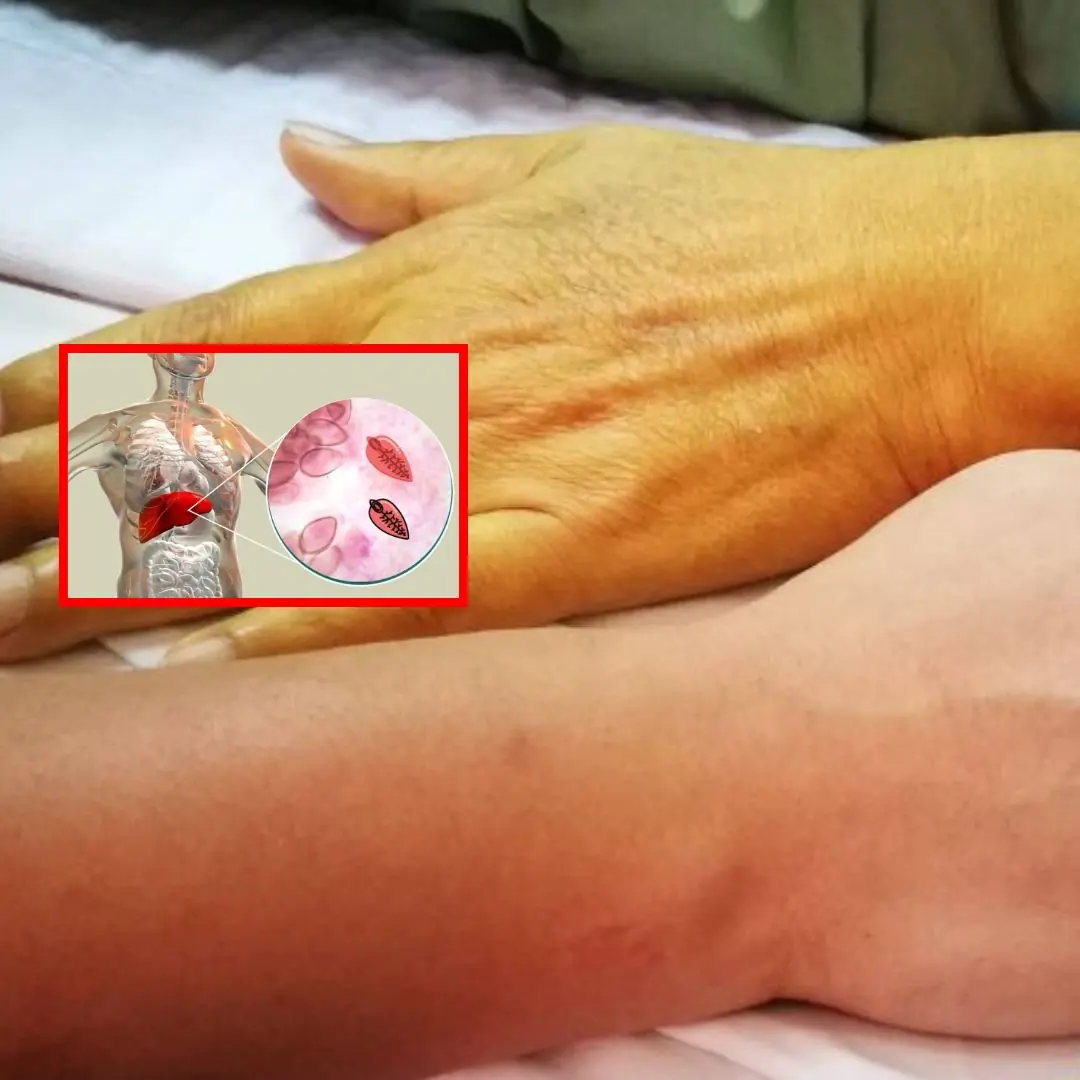
If the following 5 signs appear, you may have liver flukes
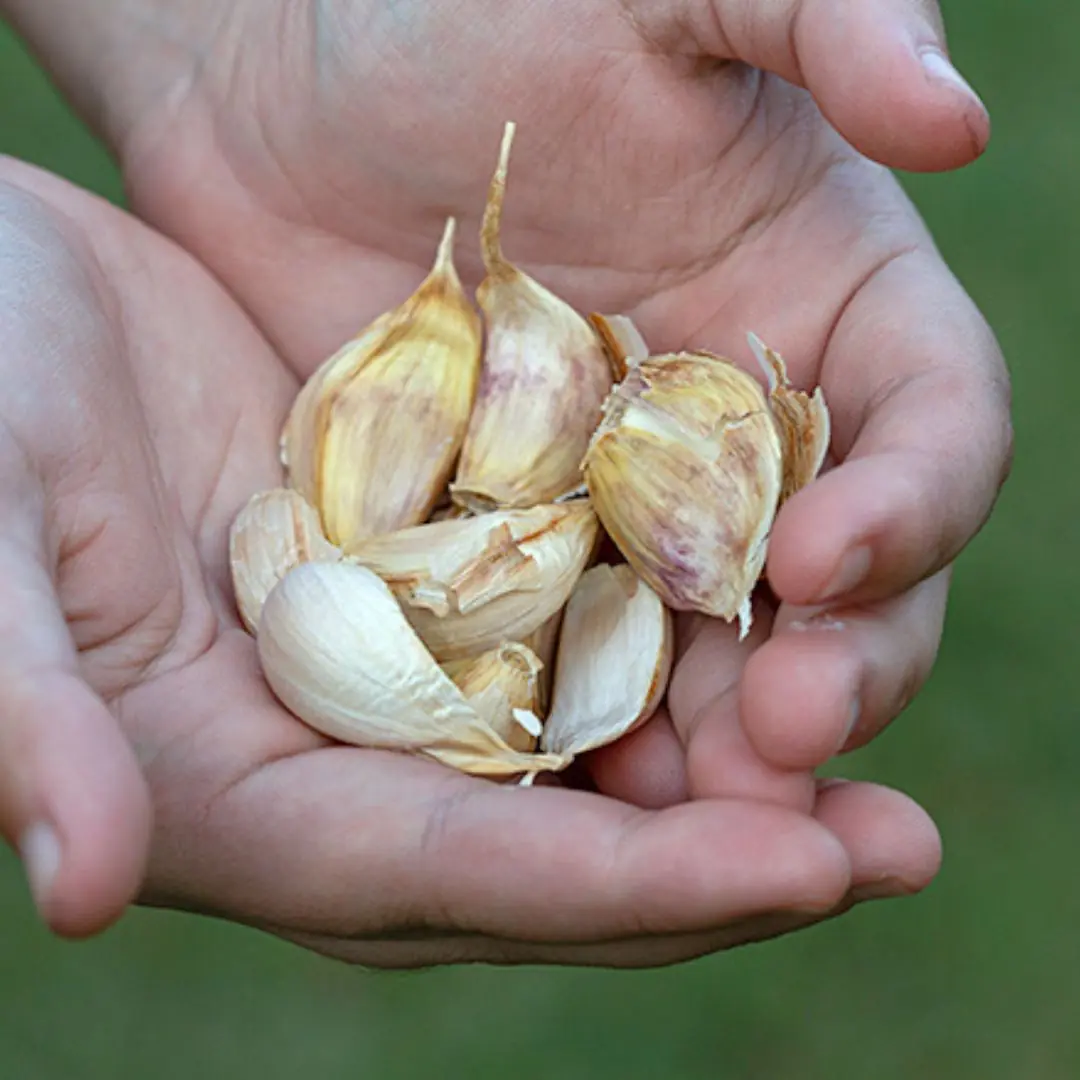
58 year old man eats 1 clove of garlic every morning, 6 months later went to the doctor, received surprising results

Effective tips to kill cockroaches and keep your house clean
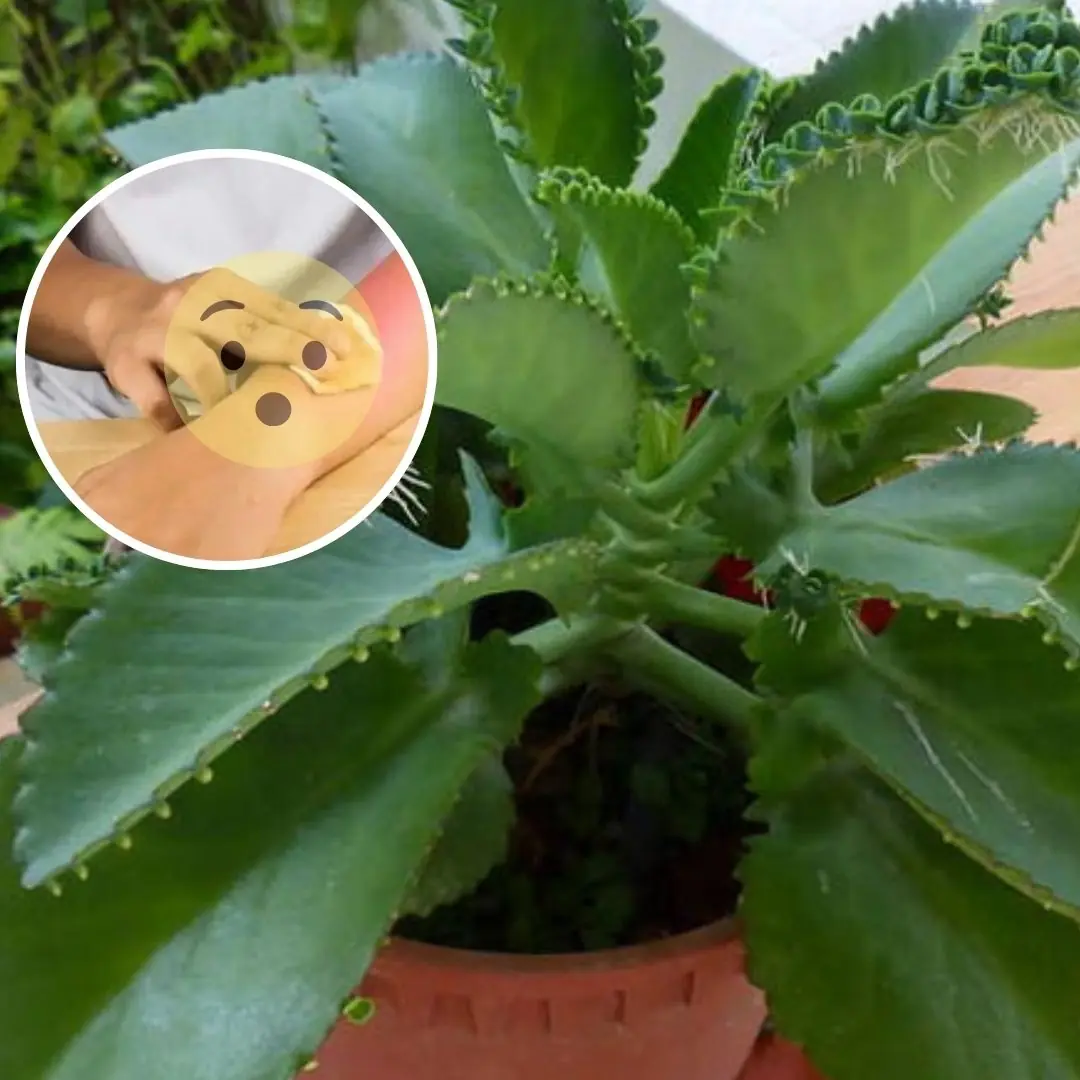
A Mysterious Leaf for Health: Surprising Benefits, Safe Uses, and Hidden Risks

Sprinkle a little salt into the door cracks, you will see something special after 5 minutes

5 great benefits of drinking coffee in the morning

If You Keep Waking Up at 3AM, The Universe Might Be Trying to Tell You Something

No Matter How Rich You Are, Never Buy These 4 Things Online

Weak Toilet Flush with No Suction Power? A Simple DIY Hack from the Pros

Scientists May Have Actually Found One Of The Causes Of Autism
